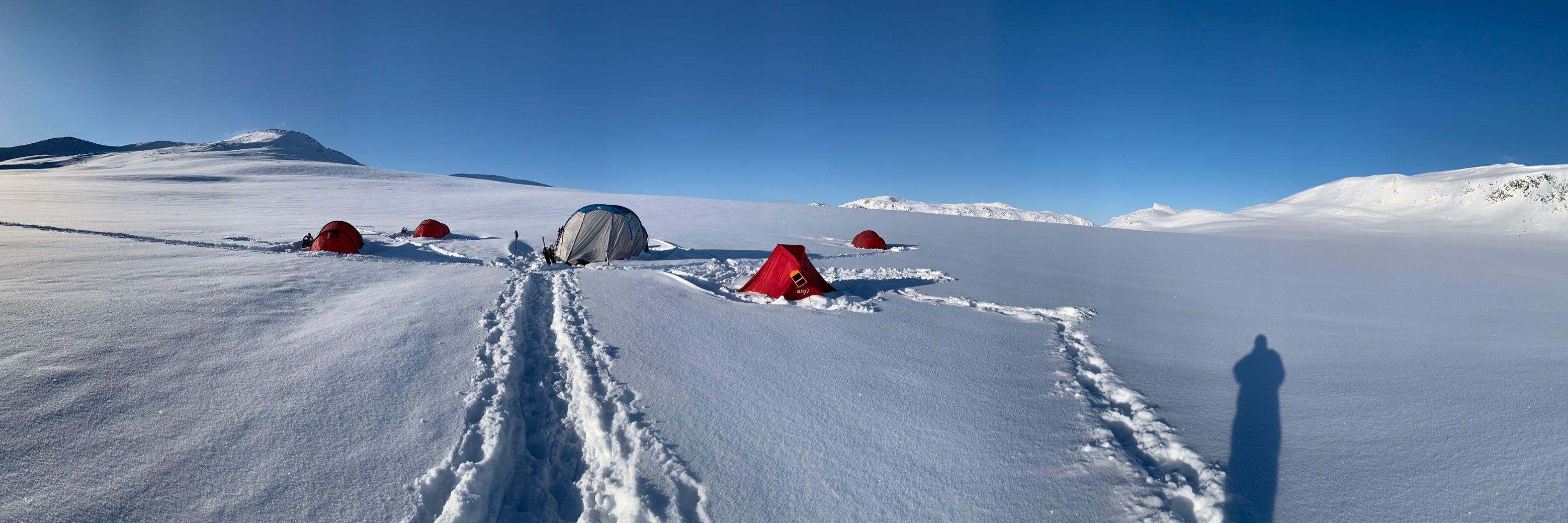
Our food systems (herbicide are antibiotics) are killing us.
Our food systems (herbicide are antibiotics) are killing us.

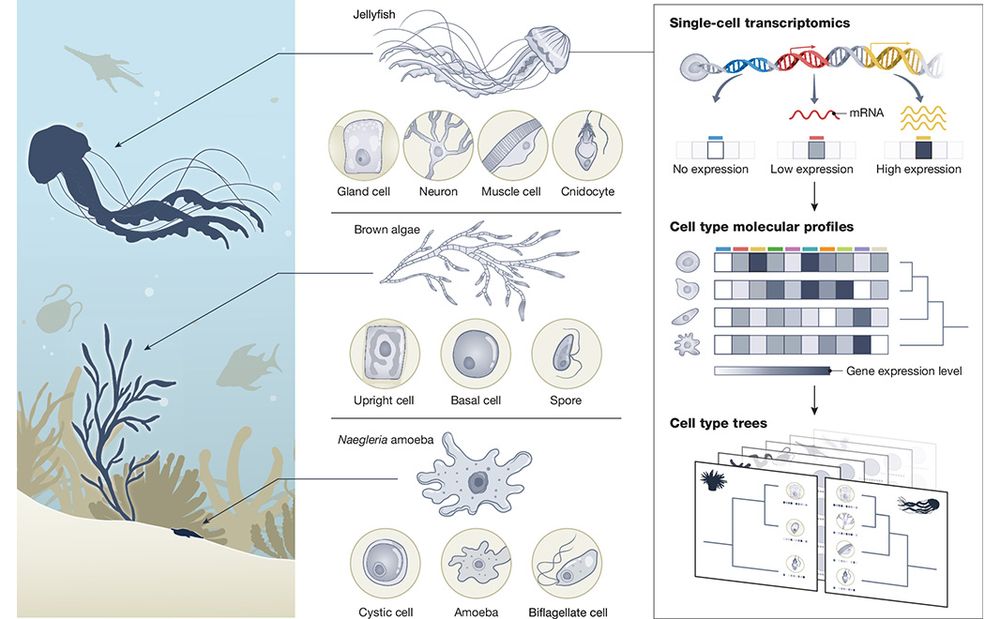
This edition covers highlights from BPPF in Riga and Intecol in Tartu, news on peat + peatlands from Finland, Canada, Australia and more. We also look ahead to the Board elections. 👉Join the IPS to get the magazine 4x/year: www.peatlands.org
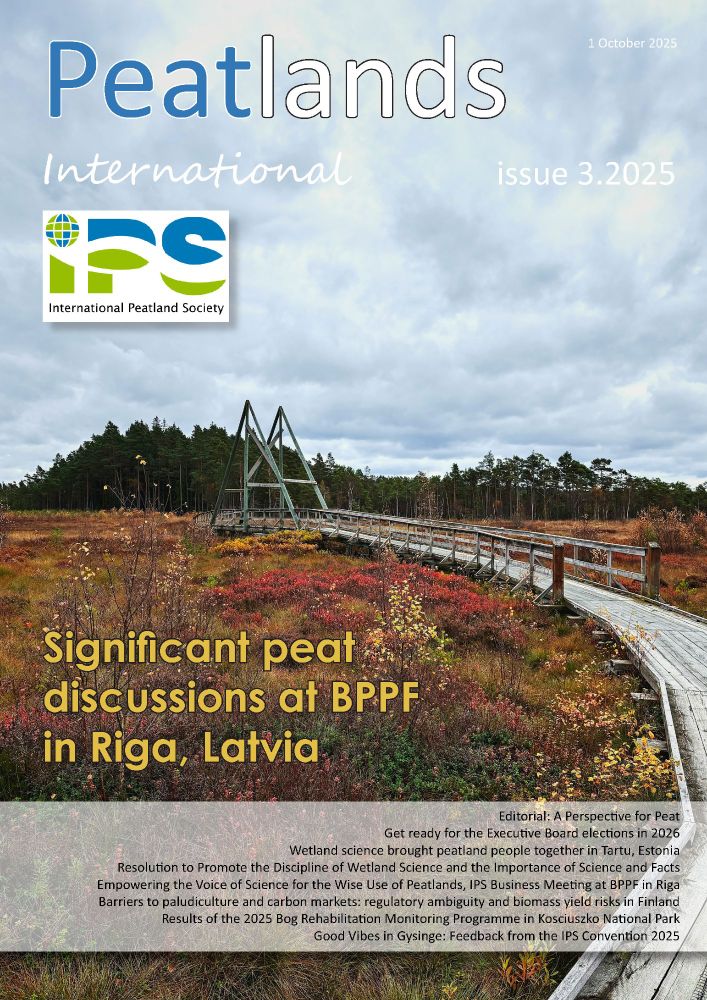
This edition covers highlights from BPPF in Riga and Intecol in Tartu, news on peat + peatlands from Finland, Canada, Australia and more. We also look ahead to the Board elections. 👉Join the IPS to get the magazine 4x/year: www.peatlands.org

authors.elsevier.com/a/1lL4K_6se4...
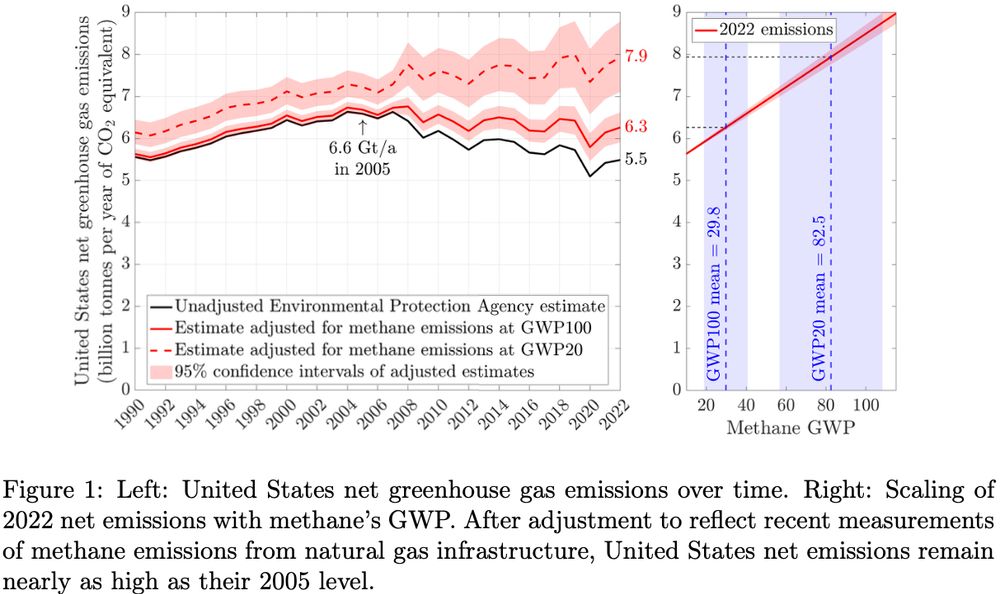
authors.elsevier.com/a/1lL4K_6se4...


@barrioca.bsky.social
@creaf.cat
@geo3bcn-csic.bsky.social
@santigiralt.bsky.social
@spr-bcn.bsky.social
The climate activist and arguably the leading humanitarian voice of our age is about to set sail along with dozens of ships from dozens of nations to bring urgent food and medical aid to millions of people in Gaza
The climate activist and arguably the leading humanitarian voice of our age is about to set sail along with dozens of ships from dozens of nations to bring urgent food and medical aid to millions of people in Gaza

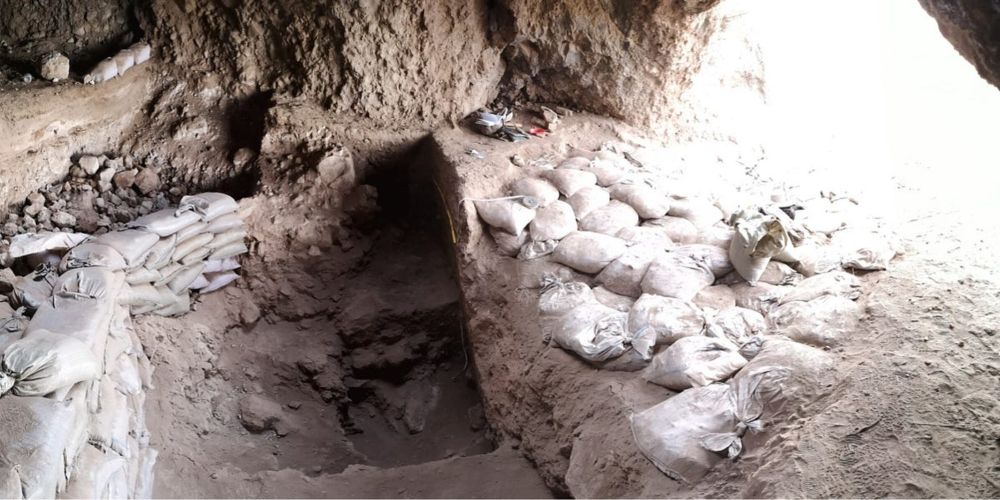

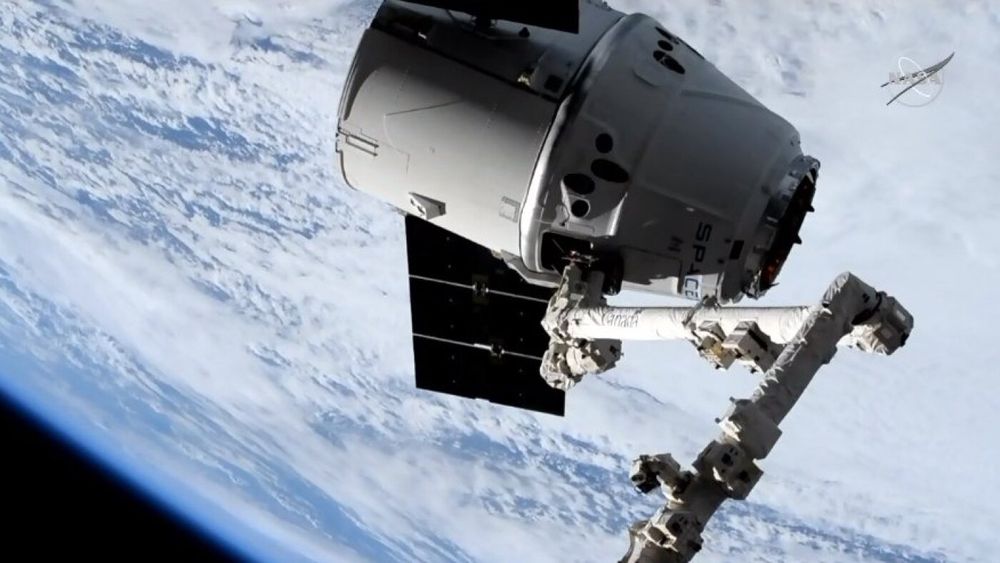
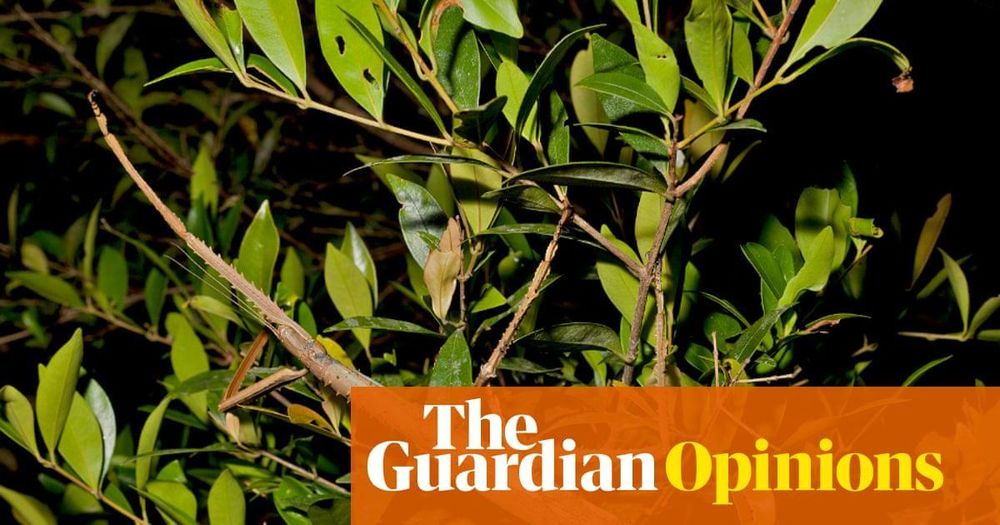
A wasteland of rubble, dust and graves: how Gaza looks from the sky.
#Gaza #Israel #Palestine
www.theguardian.com/world/2025/a...

A wasteland of rubble, dust and graves: how Gaza looks from the sky.
#Gaza #Israel #Palestine
www.theguardian.com/world/2025/a...
July, 2025 was the 3rd warmest July on record globally since 1940, and likely the 3rd warmest in the last 120,000 years, at 1.25°C over the 1850-1900 IPCC pre-industrial baseline.
Cool times.
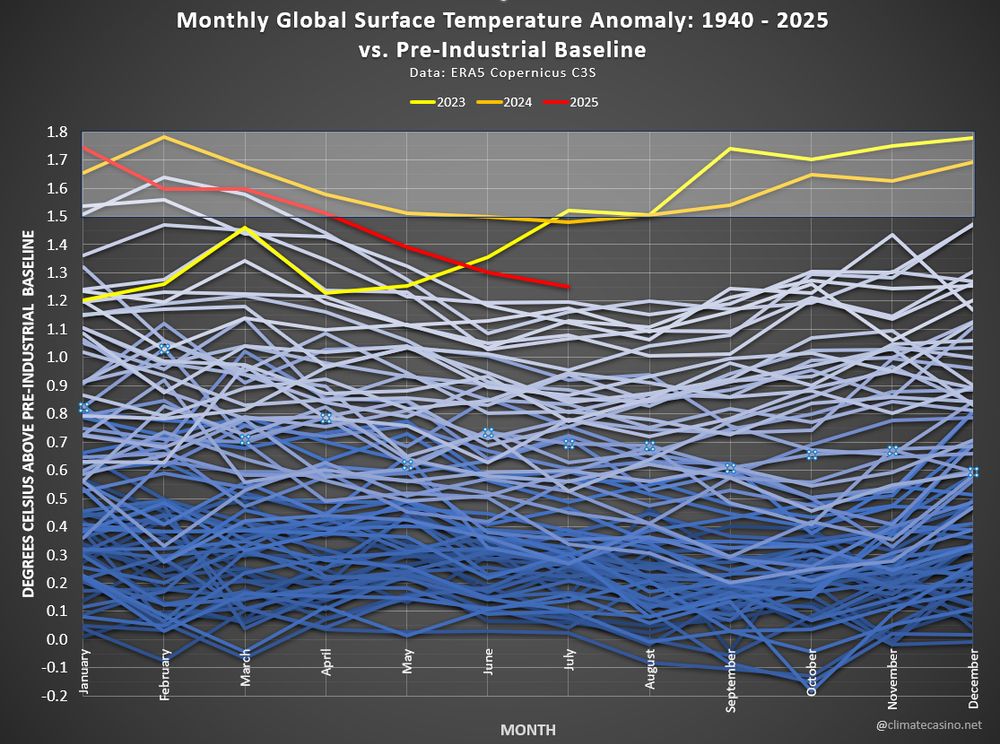
July, 2025 was the 3rd warmest July on record globally since 1940, and likely the 3rd warmest in the last 120,000 years, at 1.25°C over the 1850-1900 IPCC pre-industrial baseline.
Cool times.
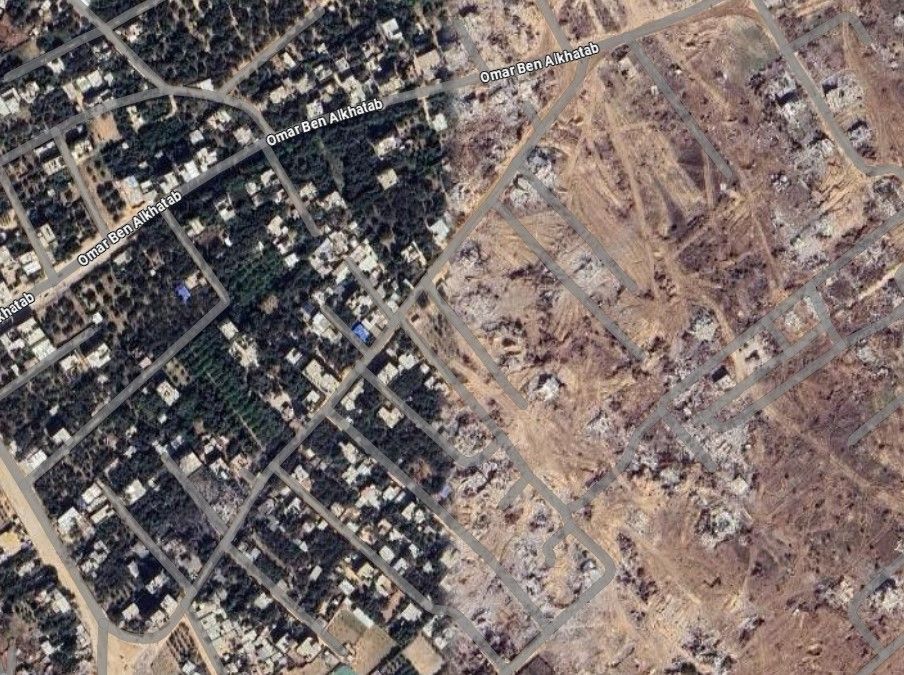
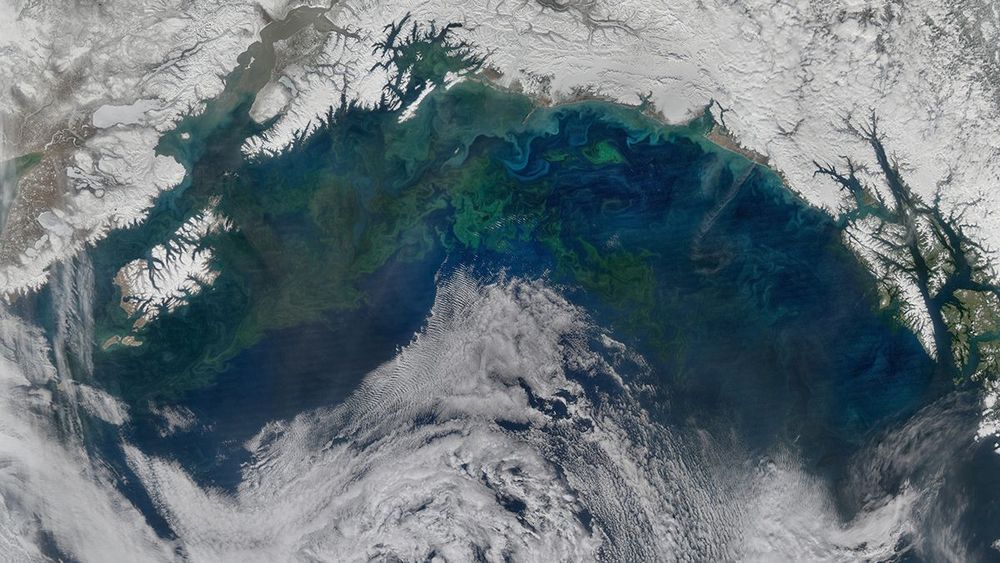
New #AGUPubs research from @nyutandon.bsky.social, @carnegiescience.bsky.social
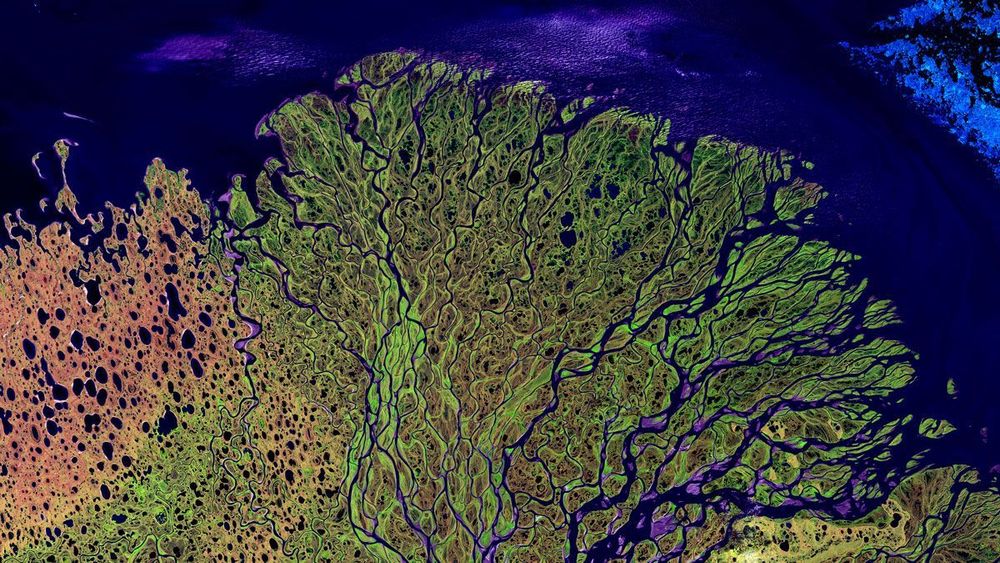
New #AGUPubs research from @nyutandon.bsky.social, @carnegiescience.bsky.social
"The 2024 bleaching event 'had the largest spatial footprint ever recorded ... the declines in the north and south were the largest in a single year since monitoring began 39 years ago.'"
www.cnn.com/2025/08/06/c...

"The 2024 bleaching event 'had the largest spatial footprint ever recorded ... the declines in the north and south were the largest in a single year since monitoring began 39 years ago.'"
www.cnn.com/2025/08/06/c...
Our new article in Nature Reviews Biodiversity asks: What’s really driving the losses, and what can we do about it?
👉 rdcu.be/expy6 1/7

Our new article in Nature Reviews Biodiversity asks: What’s really driving the losses, and what can we do about it?
👉 rdcu.be/expy6 1/7

